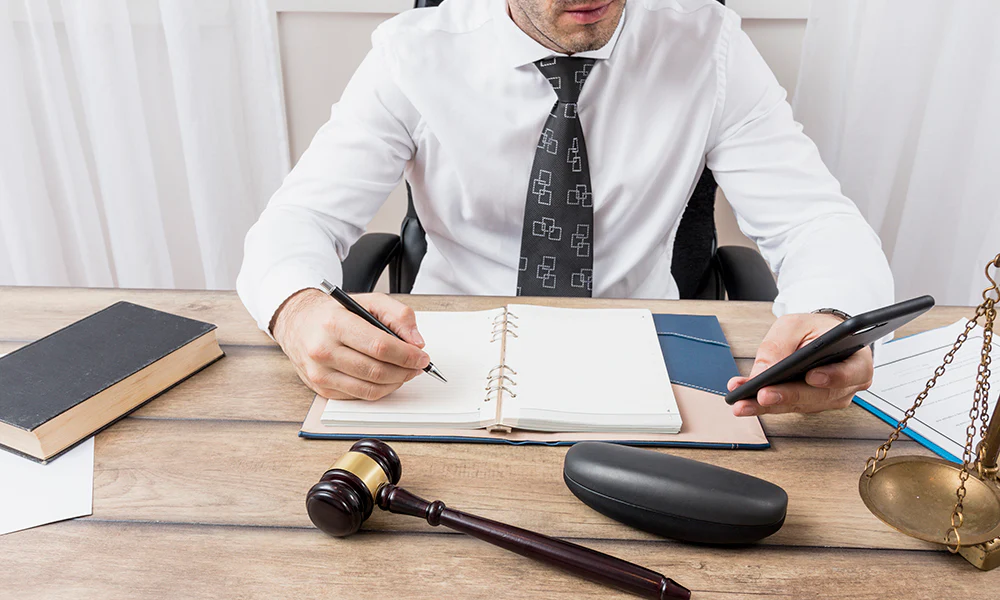As the economy continues to struggle and many people find themselves facing debt problems, filing for bankruptcy with a Maui bankruptcy attorney can be a necessary step to financial recovery. However, the decision to file for bankruptcy can have lasting effects on one’s credit score. The information gathered by the credit reporting agencies about your financial history can remain on your report for up to ten years after you have filed for bankruptcy. In addition, some credit applications can be rejected if the person reviewing the application finds out you have declared bankruptcy. While it may take some time to rebuild your credit after bankruptcy, there are steps you can take to help speed up the rate at which your credit rating recovers.
Regardless of the type of bankruptcy you declare, it will have a significant impact on your credit scores. Bankruptcy can lower your credit scores by up to a hundred points or more, depending on the circumstances. A bankruptcy will stay on your credit report for a specific period of time, and understanding how long that is can help you plan your finances and achieve your financial goals.
The credit reporting agencies use several factors to determine your credit score. These include the use of credit cards, the amount of money you owe and the ability to make payments on time. The credit bureaus also take into account your public record, such as criminal records or divorce filings. For this reason, a bankruptcy can have a huge negative impact on your credit score, especially if it was a Chapter 7 filing and not a Chapter 13.
In addition to the length of time a bankruptcy stays on your credit report, the impact will vary based on your individual credit profile. This is because credit scoring models are designed to ding someone more than someone with a better credit score when it comes to making late payments or declaring bankruptcy.
You can help speed up the rate at which your credit score recovers after bankruptcy by monitoring your credit reports and using credit responsibly. In addition, you can consider having a trusted cosigner apply for a new loan or credit card with you. If the lender approves the loan or credit card, and the cosigner makes on-time payments, both your and the cosigner’s credit scores will improve.
Additionally, some lenders are willing to offer credit cards to people who have recently emerged from bankruptcy. A gas station or local retail store credit card can be a good way to begin building your credit after bankruptcy, and by using the credit responsibly and paying the monthly statement in full you will demonstrate that you are able to handle debt responsibly. In addition, by monitoring your credit reports you will be able to spot any errors that can affect your scores and correct them immediately. This can also help you avoid fraudulent activity that can lead to credit issues down the road.
Cain & Herren, ALC
2141 W Vineyard St, Wailuku,
HI 96793, USA
+1 (808) 242 9350
cainandherren.com





